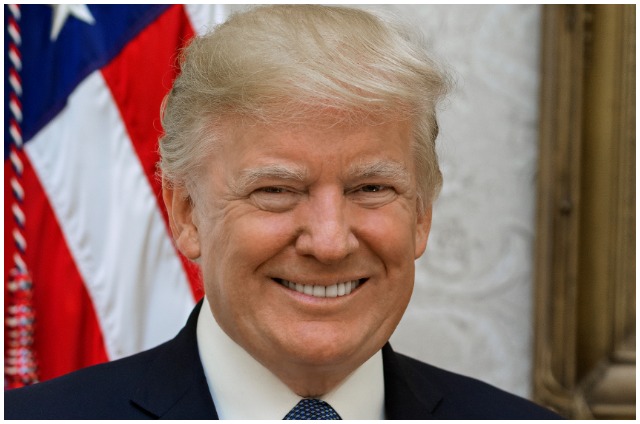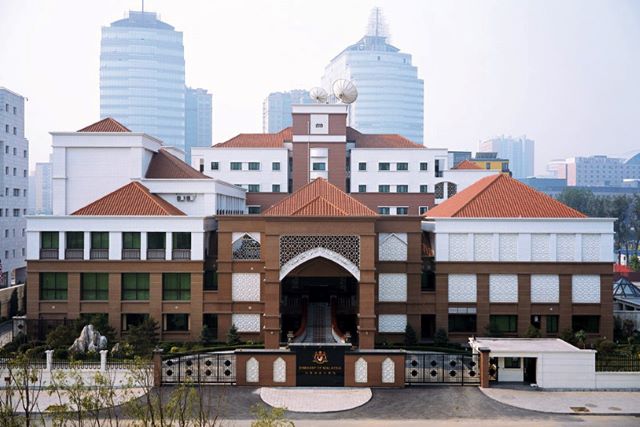

The residents of Hong Kong – the Special Administrative Region of China – are may have enjoyed greater civil liberties than those in the Mainland as per an agreement reached between China and the United Kingdom prior to the handover (which promised Hong Kong a “high degree of autonomy” for 50 years after its return), there are serious concerns about the freedoms being eroded.
As for the voting for the next chief executive, the Hong Kong government has promised residents they will be able to vote in 2017 elections, but Beijing will allow candidates who “love China”.
Also the public nomination of candidates is a far cry. As Article 45 of Hong Kong’s Basic Law says that the power to nominate candidates was vested in the Nominating Committee only, pro-democracy campaigners says the panel is full of pro-Beijing appointees.
Messy protest shows rising HK fears about China:
In a rare scene of disorder, Hong Kong authorities cleared out hundreds of protesters who blocked part of the city’s financial district early on Wednesday, a high-profile reflection of rising anxiety over Beijing’s tightening grip on the little enclave of incomplete democracy at the southeastern edge of Communist China.
Police arrested 511 people who staged an unauthorized overnight sit-in on an avenue running through the heart of the city after a rally the day before in which tens of thousands of demonstrators marched in the streets to push for the right to elect their leader free of limits Beijing wants to impose, AP adds.
The protesters wanted to “occupy” the street until 8 am, just before the height of rush hour, as a rehearsal for a larger demonstration planned by the group Occupy Central with Peace and Love to shut down the financial district if the Hong Kong government fails to come up with satisfactory democratic reforms.
Police started moving in at around 3 am to take people away from Chater Road after they ignored warnings. One by one, demonstrators who had locked arms with each other were forcibly removed by hundreds of officers and taken away, some carried off their feet, to waiting police vans.


Organizers said 510,000 people – the highest estimate in a decade – turned out for Tuesday’s protest march, an annual fixture held on a holiday marking Hong Kong’s return to China in 1997. A big factor boosting turnout this year was the release last month of a policy document or “white paper” by China’s Cabinet stating that Hong Kong’s high degree of autonomy isn’t inherent but authorized by the central government.
The document, issued days before nearly 800,000 voted in an informal referendum by Occupy Central to bolster support for democracy, was seen as a veiled warning that only intensified fears that Hong Kong would never get genuine democracy. Beijing authorities have promised to allow the city to elect its leader starting in 2017 but only if they can approve the candidates, which many reject.
“We may think that Hong Kong without democracy still has freedom. However, after the Chinese Communist Party published the white paper, it showed that if we don’t take any actions and respond to the CCP, the existing rights and freedoms will be eliminated rapidly,” said Joshua Wong,
convener of Scholarism, one of two student groups organizing two sit-ins. The 17-year-old’s group camped outside the office of Hong Kong’s Beijing-backed leader, Leung Chun-ying, where police did not intervene.
Scholarism’s democratic reform proposal was one of three on the Occupy Central ballot. It came second. “It is a critical moment for Hong Kong,” said Chinese University of Hong Kong political analyst Ivan Choy.
“In the past, Beijing has tried to comfort Hong Kong with the promise of one-country, two systems,” but the white paper has intensified anxieties, Choy said.
Residents worry “the original promise has come to an end and that in a later stage the ‘one country’ would overshadow the promise of two systems,” he said. “They’re concerned about the loss of some basic freedoms, the rule of law and even the loss of some basic human rights.”
China’s state-run media largely ignored the protests, although the nationalist Global Times said the rally became a “playground for some radical groups” while also noting that many protesters “adopted a casual attitude.” The China Daily devoted coverage to 22 local events celebrating the handover attended by “hundreds of thousands.”
Scenes of officers manhandling protesters at the sit-in intensified fears that Hong Kong police, who unlike their counterparts in mainland China don’t normally have an antagonistic relationship with the people, are taking a hard line on dissent under Beijing’s influence. The force, set up by Britain, prides itself on being fair and impartial.
While some left the scene willingly, others were forcibly removed. One officer stood behind a protester and put an arm around the man’s neck as he and other officers tried to pull his hands free, knocking off the eyeglasses of the demonstrator he was clinging to.
Officers took action because the sit-in organizers, unlike organizers of the Tuesday rally, did not secure a letter of no-objection from police required for large gatherings. Among those arrested were pro-democracy legislators Lee Cheuk-yan and Albert Ho.
Police arrested demonstrators for unlawful assembly, which has a maximum sentence of five years in prison, and obstructing police, which brings up to six months’ imprisonment.
But in a sign that police were trying to tread lightly, they later released 364 people with just a warning, while 18 were charged and given bail. Another 129 were still being held.


Many participants in Tuesday’s protest march appeared to be in their teens and early 20s, a sign that the city’s young are becoming increasingly radicalized. Gary Law, a 19-year-old who joined Tuesday’s march but not the sit-in, said Hong Kong’s culture was not easily merged with mainland China’s.
“In Hong Kong, you have the system from the British and you cannot suddenly ask Hong Kong to change suddenly to what China does. If you do so, Hong Kong people cannot survive,” he said.
David Zweig, professor of social science at Hong Kong University of Science and Technology, said the white paper was the latest catalyst for the political awakening in Hong Kong’s youth.
“The younger generation, people under 30, have become very active,” he said. “They’re worried about their economic futures. Those people only really know life under China and they don’t necessarily – even though I don’t agree with them – see things going in a positive direction. Integration is happening and that worries them.”
Zweig said plans for a mandatory national education program in 2012 – denounced by critics as an attempt to indoctrinate the city’s young with Chinese nationalism – “really got the students going.” Though the plans were later shelved, fears about “brainwashing” galvanized the student movement “and since then they have been growing in influence,” Zweig said.
-INDIA TODAY










